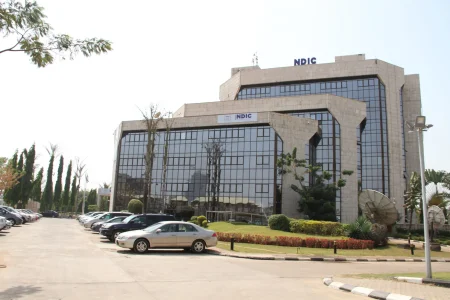
CBN allows eligible International Money Transfer Operators to trade forex on Nigeria's official window. The move aims to increase liquidity, streamline remittances, and stabilize exchange rates. IMTOs can now access the CBN window directly or through banks, with transactions priced at NAFEM rates. Daily regulatory reporting is mandatory
The Central Bank of Nigeria (CBN) has introduced a significant policy shift, allowing eligible International Money Transfer Operators (IMTOs) to participate in the official foreign exchange market. This move aims to boost liquidity and streamline remittance processes in the country's forex ecosystem.
Under the new directive, IMTOs can now access the CBN window directly or through Authorized Dealer Banks to execute forex sales. Transactions will be priced based on the Nigerian Autonomous Foreign Exchange (NAFEM) rates, ensuring market-driven valuation.
A key feature of this policy is the option for same-day settlement for transactions confirmed before noon, potentially accelerating remittance flows. The CBN emphasizes that this initiative is part of its broader strategy to enhance formal remittance channels and improve forex market functionality.
This development comes at a crucial time when the official market has been grappling with forex liquidity issues. Recent months have seen FX turnover on the NAFEM window fluctuating between $83 million and $390 million, indicating persistent challenges.
The new policy aligns with previous CBN measures, including the removal of exchange rate caps for IMTOs and revised operational guidelines. These changes have seen a significant increase in IMTO licensing fees and capital requirements, reflecting the sector's growing importance.
To ensure transparency and compliance, participating entities must submit daily regulatory returns to the CBN, detailing fund sources. The central bank has also established a collaborative task force with IMTOs, aiming to double remittance inflows.
This policy shift represents a notable departure from previous restrictions on IMTOs purchasing forex from the domestic market. As the Nigerian forex market adapts to these changes, stakeholders anticipate potential impacts on exchange rate stability and overall market dynamics.




